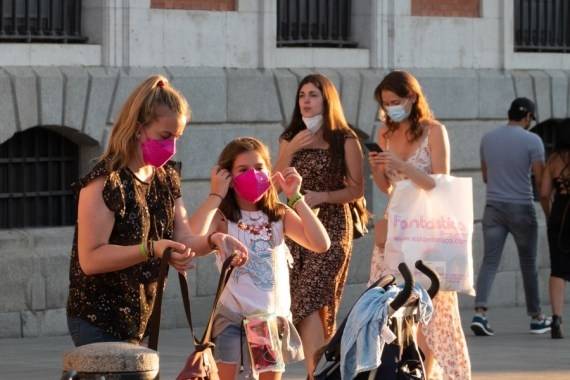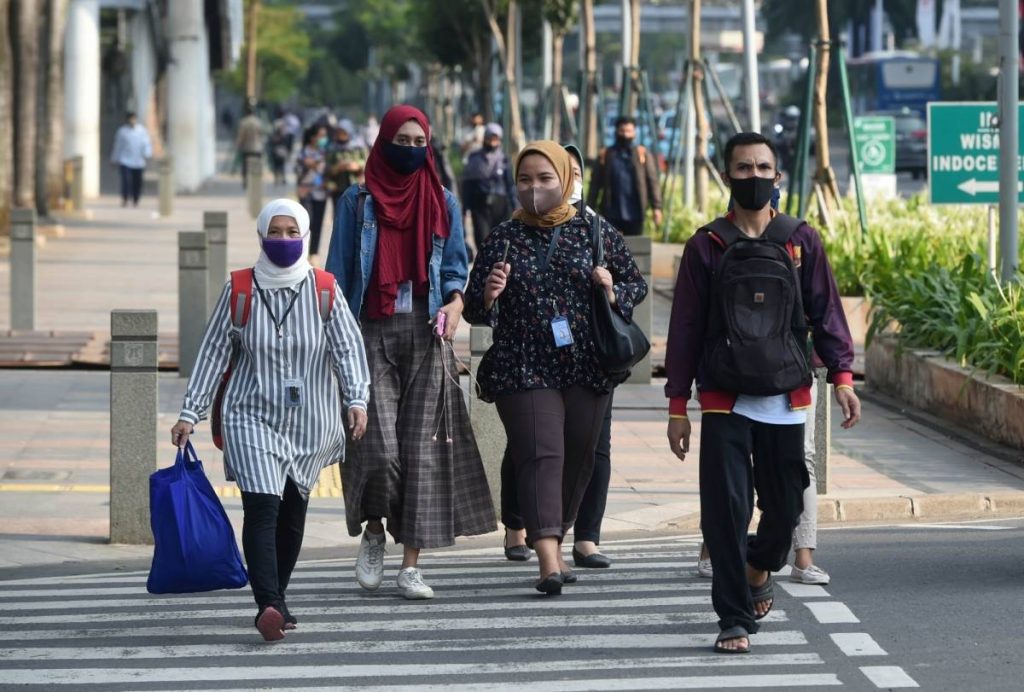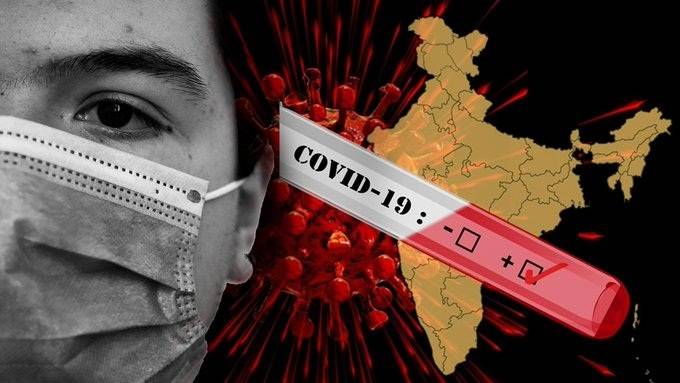Two years on, is the end of Covid in sight? The Omicron variant, detected first in South Africa and Botswana in late November, presents a different picture though…writes Rachel V. Thomas
The Covid-19 pandemic that began in December 2019 continues to rage like wildfire, threatening human lives, mental peace as well as the economy.
Official figures note that nearly 5.5 million people have died worldwide so far due to Covid, although the actual toll could likely be several notches higher.
In the last two years, the world has witnessed a consistent pattern of various strains of SARS-CoV-2, the virus causing the Covid-19 disease, hitting just when life starts limping back.
Science explains it as the evolution of the Covid virus – changes in the genetic code (genetic mutations) in response to innate and acquired immune responses of hosts as well as vaccines and therapeutic treatments.
Beginning with the wild-type virus in China, SARS-CoV-2 swiftly mutated majorly into Alpha, Beta, Gamma and Delta strains, besides many others. The current variant in circulation around the globe is the Omicron variant — touted as more transmissible than all other variants and with the potential of evading treatment.
Two years on, is the end of Covid in sight? The Omicron variant, detected first in South Africa and Botswana in late November, presents a different picture though.
In barely a month, the variant, with more than 30 mutations in its spike protein, has spread to over 100 countries as well as outpaced the Delta variant in many nations, including the US, the UK, Portugal and Ireland to become the dominant strain.
“The emergence of the Omicron variant shows that the virus is not done just yet,” Shahid Jameel, visiting professor at Ashoka University said.

At the same time, Omicron also “shows that the virus is going towards increased transmission and milder disease. This is an indication of heading towards becoming an endemic,” added Jameel, who is also a senior research fellow at Green Templeton College, Oxford University.
According to Pavithra Venkatagopalan, Director, Covid Task Force, Rotary Club of Madras Next Gen, going forward the pandemic will transform into an epidemic, like flu, requiring annual shots.
“It is likely that Covid-19 is well in course to be a seasonal disease, with periodic yearly surges around the globe and the world reacting to the same with an annual shot of vaccine to prevent the burden of disease among the population, much like that of seasonal influenza,” Kiran G. Kulirankal, infectious disease physician, Amrita Hospital, Kochi said.
While according to Kulirankal, the disease is unlikely to be “wiped out from the face of the earth permanently”, an end to the pandemic also depends on vaccination rates across the world.
“The unvaccinated are at a higher risk than the vaccinated population,” Venkatagopalan said.
“Everytime, an unvaccinated person is infected, the virus can grow to higher quantities and stay in the body for a longer period. The longer it grows, the higher is the chance for replicating and possibly introducing more mutations. This might give the virus an advantage to spread,” she explained.
Although scientists worldwide brought out vaccines against SARS-CoV-2 in an unprecedented speed, rich nations raced to pre-order vaccines and stockpile them — many of which turned waste as they expired.
While the rich countries hoarded onto every single medical facility — from vaccines to booster doses to antibody treatments and other healthcare equipment — the poor nations scrambled to get vaccines, storage capacities as well as medical equipment.

The World Health Organization (WHO) has since the beginning of the pandemic called out on wealthy nations against vaccine hoarding, warning that the behaviour may only “prolong” the pandemic, rather than “ending” it.
WHO chief Tedros Adhanom Ghebreyesus recently issued a stern warning that “we must end the Covid pandemic in 2022”.
So far, about 67 per cent of people in high-income countries have been administered at least one vaccine dose, but not even 10 per cent in the low-income countries have received the first shot.
“The pandemic will end when there is no further transmission,” Jameel said, adding, “And that is unlikely to happen in the near future.”
Poorly vaccinated parts of the world will continue to show increased transmissions, giving more opportunities to the virus to mutate and novel variants to emerge, prolonging the pandemic.
In such a scenario, Jameel predicts that “infection spikes will continue across the world, including in India” in 2022.
“We will have to continue to protect ourselves using a mix of vaccines, masks, avoiding crowded indoor spaces, etc.”
Nevertheless, the world seems to be better prepared than what it was during the Delta and other outbreaks. Besides several vaccines — both jabs and nasal sprays — there are booster doses; antibody therapies as well as the recent anti-Covid pills by US drug makers Merck and Pfizer which are well able to deter the onslaught of yet another wave or variant of Covid-19.
However, only time will tell whether the virus will outplay human efforts or humans will learn to live with it.
ALSO READ-SPECIAL 2022: UN Chief Urges World To Join Covid Fight














